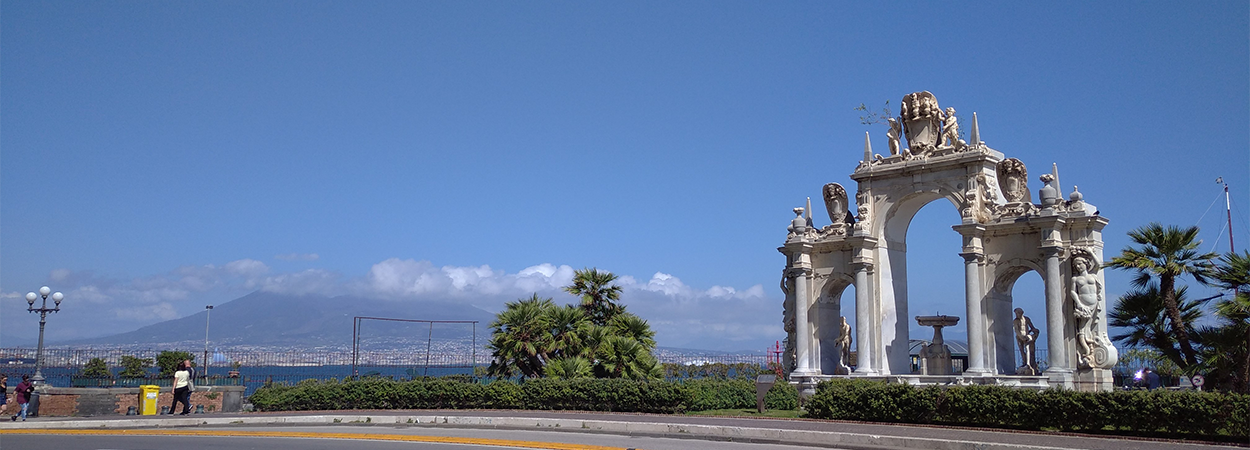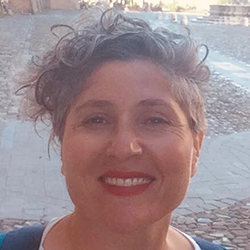Title: Knowledge Graph Refinement and Need for Semantic Aware Machine Learning and Explanations
Abstract:
Knowledge Graphs (KGs) are receiving increasing attention both from academia and industry, as they represent a source of structured knowledge of unprecedented dimension to be exploited in a multitude of application domains as well as research fields. Nevertheless, despite their large usage, it is well known that KGs suffer of incompleteness and noise since they often come as a result of a complex building process. As a consequence significant research efforts are currently devoted to improve the coverage and quality of existing KGs. For this purpose, numeric-based Machine Learning (ML) solutions are mostly adopted, given their proved ability to scale on very large KGs. They are usually grounded on the graph structure and they generally consist of series of numbers without any obvious human interpretation, thus possibly affecting the interpretability, the explainability, and sometimes the trustworthiness of the results. Nevertheless, KGs may rely on expressive representation languages, e.g. RDFS and OWL, that are also endowed with deductive reasoning capabilities. However, both expressiveness and reasoning are most of the time disregarded by the majority of the numeric methods that have been developed so far, thus discarding knowledge that is already available. In this talk, the role and the value added that the semantics may have for ML solutions as well as when providing explanations for tasks such as link prediction will be argued. Hence the research directions on empowering ML and explanation solutions by in-jecting background knowledge will be presented jointly with the analysis of the most urgent issues that need to be solved.
Brief Bio:
Claudia d’Amato is associate professor at the University of Bari – Computer Science Department and she got the Italian Habilitation for the functions of Full Professor for the Scientific Sector “09/H1 – Information Processing Systems” (currently GDS 09/IINF-05 - SISTEMI DI ELABORAZIONE DELLE INFORMAZIONI) on April 14th, 2021 and for the Scientific Sector “01/B1 – Informatics” (currently GDS 01/INFO-01 - INFORMATICA) on April 29th, 2021. She obtained her PhD in 2007 from the University of Bari, Italy, defending the thesis titled “Similarity Based Learning Methods for the Semantic Web. She pioneered the research on Machine Learning methods for ontology mining and Knowledge Graphs that still represents her main research interest jointly with the development of neural-symbolic and explainable solutions to be applied to Knowledge Graphs. Claudia d’Amato has been also invited researcher at several universities and international research institutes such as: the University of Koblenz-Landau in 2006, 2007, 2008, 2013 working with Prof. Stefen Staab, the University of Oxford in 2012 working with Prof. Thomas Lukasiewicz, INRIA –Sophia-Antipolis in 2015 working with Dr. Fabien Gandon and Prof. Andrea Tettamanzi, the University of Poznan in 2011 and 2013 working with Dr. Agnieszka Lawrynowicz, FBK in 2012 working with Dr. Luciano Serafini. She is member of the editorial board of the Transactions on Graph Data and Knowledge (TGDK) journal, the Neurosymbolic Artificial Intelligence Journal, the Semantic Web Journal and the Journal of Web Semantics. She served as General Chair for ISWC 2022, Program Chair for ISWC 2017, ESWC 2014, Vice-Chair for ISWC 2009, Journal Track chair for TheWebConf 2018 (previously WWW), Tutorial Chair for ECAI 2020, Machine Learning Track Chair for ESWC’12- ’13-’16-’17 and PhD Symposium chair at ESWC’15-’21 and at ISWC’23. She served/is serving as a program committee member of a number of international conferences in the area of Artificial Intelligence, Machine Learning and Semantic Web such as AAAI, IJCAI, ECAI, ECML, ISWC, TheWebConf, ESWC.




